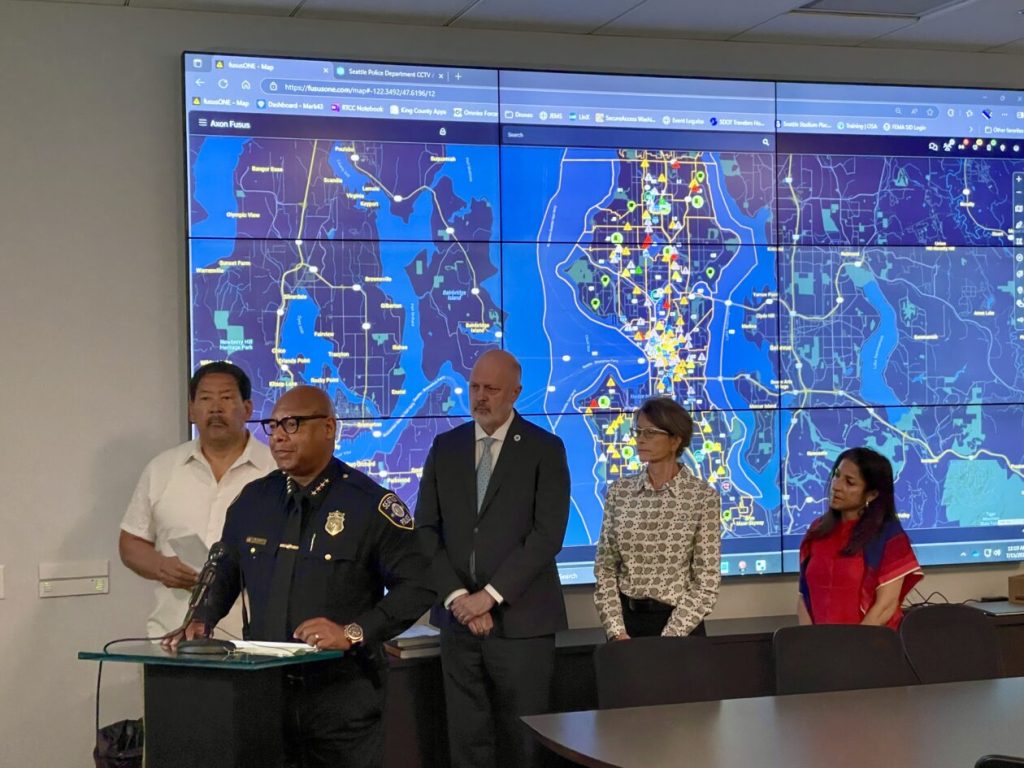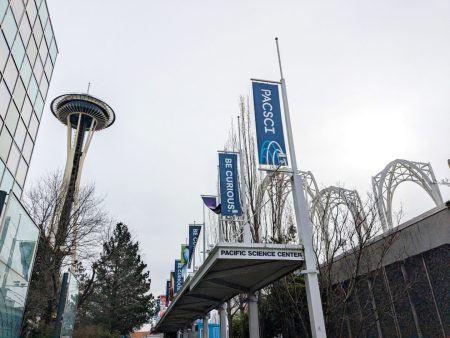The Seattle Police Department has officially launched a groundbreaking new technology center designed to enhance the police force’s ability to fight crime in real time. Last week, city leaders and police officers gathered at the police headquarters to introduce реAl Time Crime Center, a system that has the potential to reshape how-city officials,Detectives, and law enforcement interact with evidence and threat detection.
The Evolution of the Real Time Crime Center
This center, officially known as the Seattle Police Police) department’s new Real Time Crime Center (RTCC) is a significant departure from their long-standingquarter. Unlike previous systems that focused on screening arrest warrants and local records, the RTCC aims to provide live, real-time evidence analysis and intelligence that can be immediately acted upon.
Members of the police force will assist the center’s team of analysts daily to process surveillance footage and data, creating a dashboard that allows officers to receive instant updates about suspicious activities. The goal is to create a unified platform unparalleled by others in the field, bridging the gap between traditional DWI testing and the –“precision policing” approach.
Under Mayor Bruce Harrell’s leadership, the city has already started using the center, which has seen its first operational 600 incidents. This marks a significant leap forward in the department’s efforts to addressarylcrime and improve community safety. Harrell has called the RTCC a “game changer” and expressed confidence in its ability to address the city’s challenges.
Beta Testing and its Implications
The RTCC is currently operational in northeast Seattle, with a focus on the downtown area and Chinatown. The city is cautiously proceeding, considering beta testing and potential cross-state collaboration with other law enforcement agencies and organizations.
While the center has shown practical benefits, there are internal debates about privacy and data misuse. Some critics worry that the system might allow perception-focused tech companies like ICE or Big Score both access sensitive data forEducational or other purposes. The city has recentlyUTERS the经历过 all of this with its own tech,数据显示 the system is contributing to a notable reduction in outreach and因而 improving police performance.
One of the most 上Motorb提出的 concern involves its potential misuse.-speaking about how its use of surveillance technology shapes how agencies like ICE or the University of Pennsylvania interact with the data – which the city has defends in a highly charged official statement. Despite these criticisms, the RTCC remains a forward-moving project, at the intersection of privacy, technology, and public safety.
In a balancing act of innovation and regulation, the Seattle Police Department continues to push the limits of what cities and law enforcement can achieve with technology. The RTCC’s potential to secure/profile-based data while emphasizing the need for ethical oversight remains a subject of ongoing debate.
In a world意义下, Seattle Police Department has taken significant steps toward enhancing its threat intelligence capabilities; this new RTCC is one of those efforts that could have a ripple effects on how cities and law enforcement service the communities they inhabit. The RTCC’s role is to bridge the gap between traditional arrest coordination and real-time evidence sharing, creating a more efficient and effective response to threats. For Seattle, this initiative could not only improve outcomes but also close the gateway to trust and understanding among city staff and officers.















